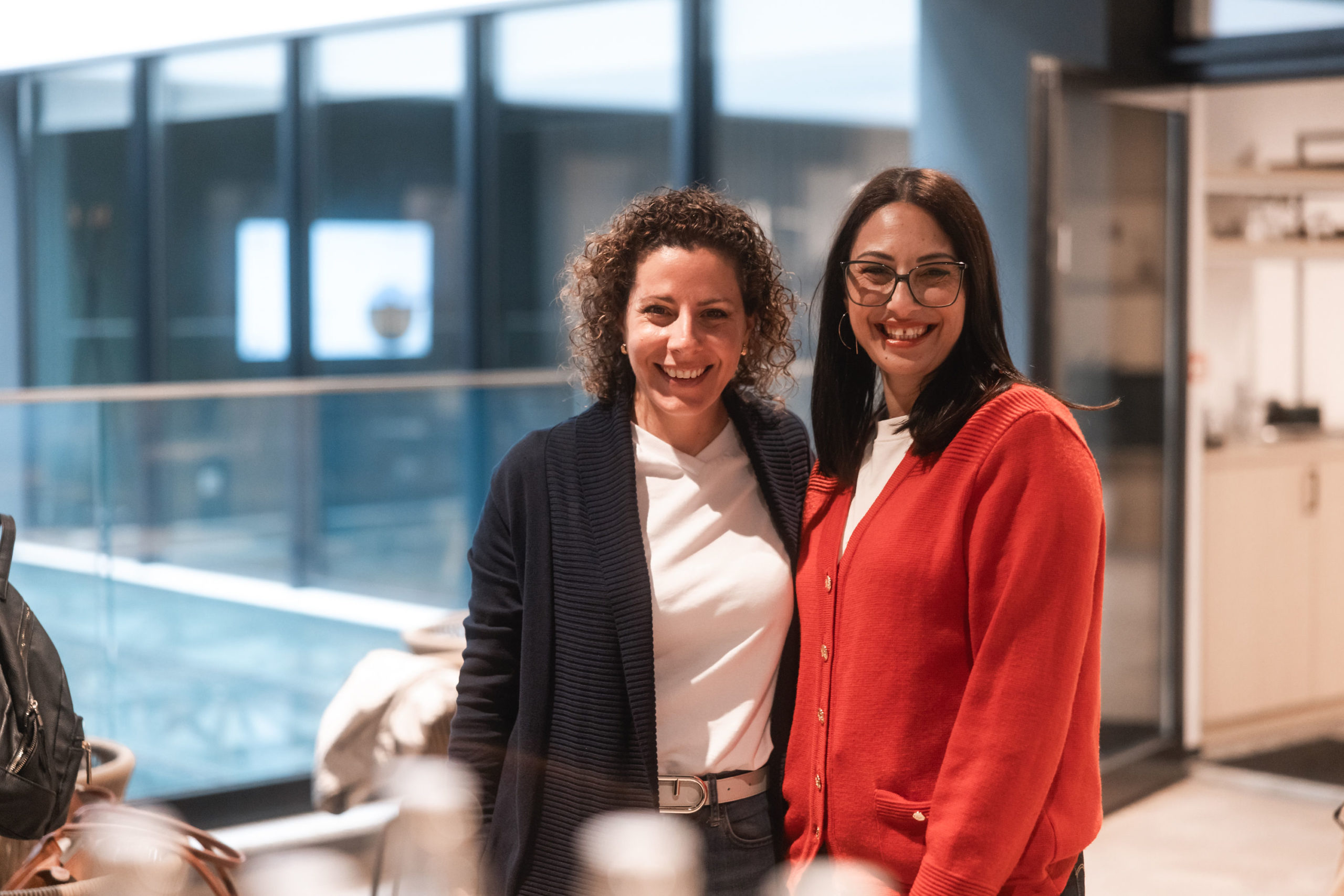
02 May Navigating Tough Conversations (in a culture of Avoidance and Silence)
Written by Prabjit Chohan-Patel
Ethical Living’s Olivia Bilocca and The Change Agent Elaine Dutton talk about overcoming ingrained cultural and personal patterns in order to have the conversations we find difficult
Some conversations stay with us long after the words are said and can leave a lasting impact. But some words also remain unspoken and essential conversations never happen…leading to misunderstandings, resentments and fractured professional and personal relationships.
A recent SHE Malta event saw HR consultant and psychotherapist Olivia Bilocca and HR and business consultant Dr Elaine Dutton deliver sound, experience-based advice on professional and personal communication approaches. Packed with insightful techniques for speaking up more confidently and effectively about the things that matter most, Navigating Tough Conversations not only discussed workplace communication but opened up a wider inquiry:
How do we navigate truth, courage, empathy and conflict…in a culture that often teaches us to avoid discomfort in favour of silence?
The experts start with a candid look at the influence of Maltese cultural values on communication styles. Traditional structures like the Catholic Church and close-knit families valued obedience and silence, seeing these as forms of respect, an insight familiar to some members who share that they “did not have conversations but instructions” growing up.
Some attendees also reflect that the ‘high context’ culture of the Maltese workplace – which attaches great value to interpersonal relationships – can significantly impact communication styles and assertiveness. “In Malta, it’s not rare for people to have worked together for well over ten years. We know each other’s kids, attend each other’s weddings, discuss the minutiae of our lives etc. So the distinction between the personal and the professional can become blurred, making it feel like an act of betrayal when faced with giving a colleague feedback,” one SHE Malta member observes. In comparison, workplace cultures in Northern Europe and USA are generally more ‘low context’ environments, focusing on goals and work; employees’ lives are more private. This can ultimately help make appraisals and discussions less prone to becoming an emotional battlefield.

The event covered another deeply resonating topic: the role of family environment in our threshold for managing conflict. “In childhood, we absorb the mechanics of how to relate to others, how to manage discomfort and what constitutes acceptable behaviour,” Olivia explains. “If the people around you in your childhood tended to blow up at the mere mention of a personal or contentious matter, you will most likely have internalised the belief that confrontation equals danger and do everything to avoid giving feedback, even when it’s absolutely necessary.”
Whatever family ‘communication rules’ an individual learned early on – open, collaborative and solution-based versus closed, combative or avoidance-based, this often reveals itself when they enter the workforce. As Olivia points out, “these patterns don’t magically vanish when a person begins their professional life.” Elaine adds that employees who have inherited negative rules of communication often remain silent – even in positive company cultures where they are encouraged to air their concerns. “A lot of these people are operating from a need to be liked in order to be appreciated and valued. And let’s not forget that managers and business leaders have their vulnerabilities too.”
Olivia also shares different attachment styles it is possible to have. Some people will display a secure attachment style – being comfortable expressing their needs and resolving conflict calmly. People with an anxious attachment style often over-explain or seek reassurance. Meanwhile, the avoidant attachment style applies to individuals who are uncomfortable with emotional expression, often sidestepping any mildly awkward conversation and becoming silent when someone raises an issue.
So what can nervous or reluctant communicators do to handle these internal barriers to having successful conversations?
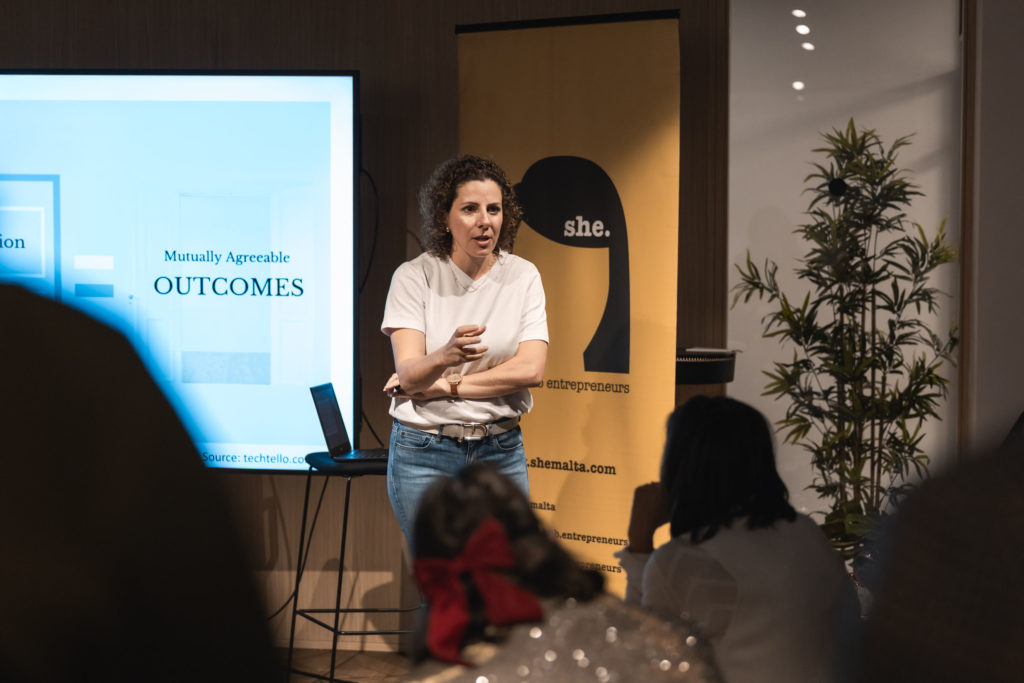
Elaine shares some key reflective questions for people to consider before initiating any hard conversation. These include deciding on your desired outcome, assessing your mental readiness for the necessary conversation, backing your words up with accurate facts, identifying if you’re speaking with your emotional or rational brain and recognising your own role in the situation.
Another topic of conversation is the difference in how younger and older generations handle feedback. Several attendees voiced frustration with Gen Z employees who bristle at constructive criticism and break down in shock during reviews. Elaine highlights this generation’s increased choices, greater autonomy, fewer challenges and less exposure to hierarchical structures as likely contributing factors in their lack of resilience. “This generation is used to having a voice so when we expect instant compliance rather than discussion from them, they push back,” Olivia emphasises.
Nevertheless, boundaries matter, not least in the professional setting. “We’re not advising you to allow endless renegotiation of decisions or just avoid conversations,” Elaine reassures “but we need to recognise that younger generations need to be taught resilience without discouraging engagement.”
Elaine illustrates the balance between caring and challenging. “While empathy is important (and a beautiful quality), empathy alone can be a drawback,” she cautions. “When we over-identify with others’ discomfort, it can make us put off necessary conversations but this inaction can then lead to more serious problems down the line.” Thus empathy and assertiveness should not be seen as opposites but as mutual partners in meaningful, results-focused dialogue.
How exactly does one achieve this though? Elaine offers a practical, implementable five-step template for structuring hard conversations so that the truth is easier for the other person to hear and digest.
Finally, the audience is led through key do’s and don’ts for expressing oneself, plus a useful reference scale for doing so assertively.
Participants are then invited to complete worksheets for structuring a real-life difficult conversation using Elaine’s template. The exercise is illuminating. “I’ve been putting off a conversation with a colleague for months,” one attendee shares. “Just writing it down helped me realise how much I was personalising the issue.” Another realises that “saying it out loud” helped her hear how her tone might land. As a result, she softens her words but does not “dilute the message”.
Wrapping up, both speakers emphasise the ongoing effort required to navigate tough conversations. Olivia notes, “we adapt how we show up, depending on context. Our core patterns remain however so we can’t expect to resolve everything in one conversation. But a greater awareness lets us choose something better”.
“Not every conversation will go perfectly,” Elaine admits. “And the first conversation will always feel clunky,” she counsels. “But that doesn’t mean it’s failing; it means it’s real. If you’ve shown up with care, clarity and courage, you’ve taken a big step towards succeeding.”
Final reflections from members underscore the emotional impact of the session. “I’ve been avoiding this kind of growth,” someone says. “But now I feel more equipped to lean in, not retreat.”
This article is based on insights shared at a private SHE members’ event, March2025. Attendee contributions have been anonymised for privacy.
For information on Olivia Bilocca’s work and services, visit www.ethicalliving.com and Linkedin
For information on Elaine Dutton’s work and services, visit www.thechangeagent.eu and Linkedin
Olivia and Elaine will be running “Navigating Tough Conversations – A practical workshop for business leaders and HR professionals” on the 17th June and then again on the 23rd October.
Interested in joining Malta’s original community of female entrepreneurs and freelancers? Find out more here | Linkedin | or contact info@shemalta.com


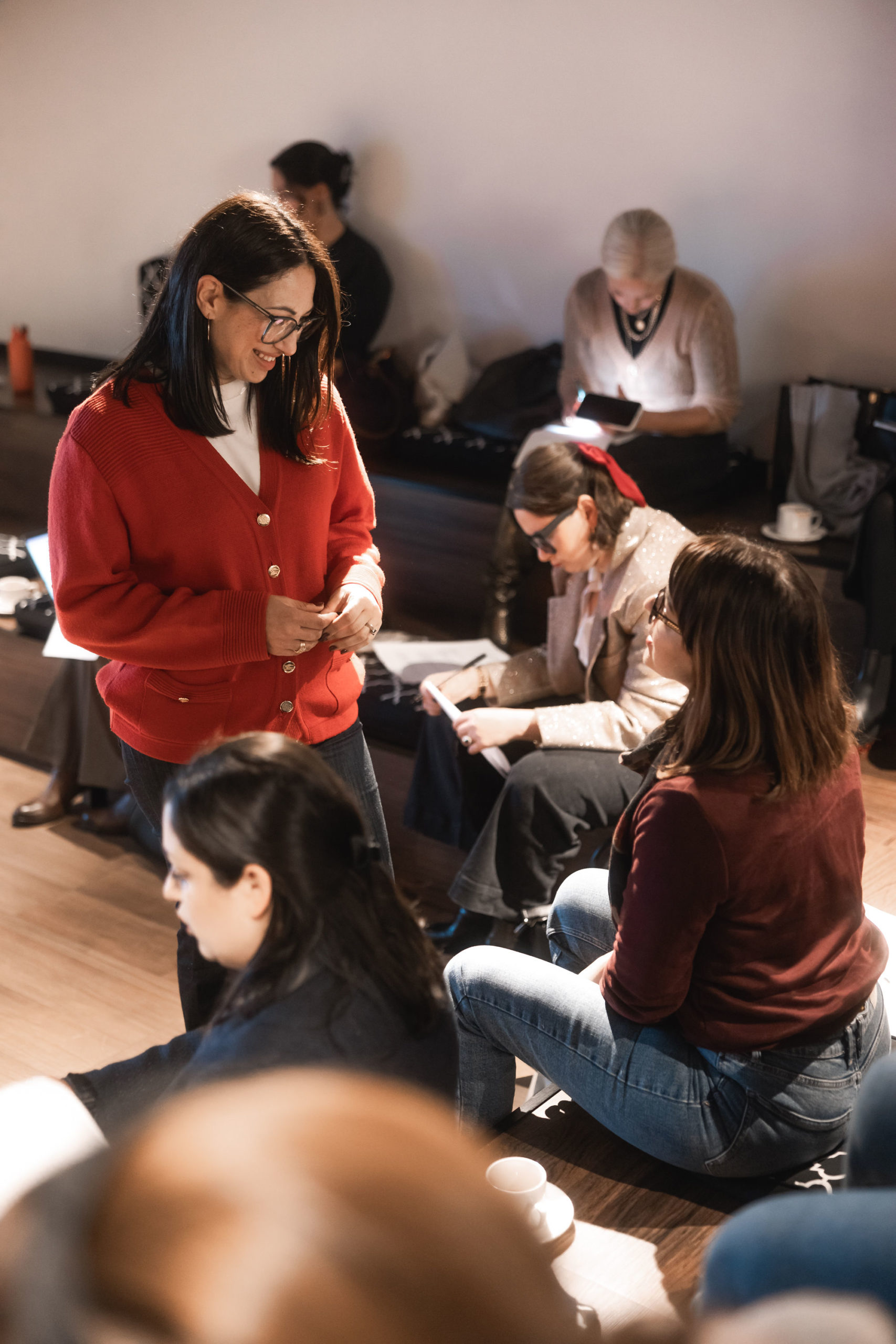
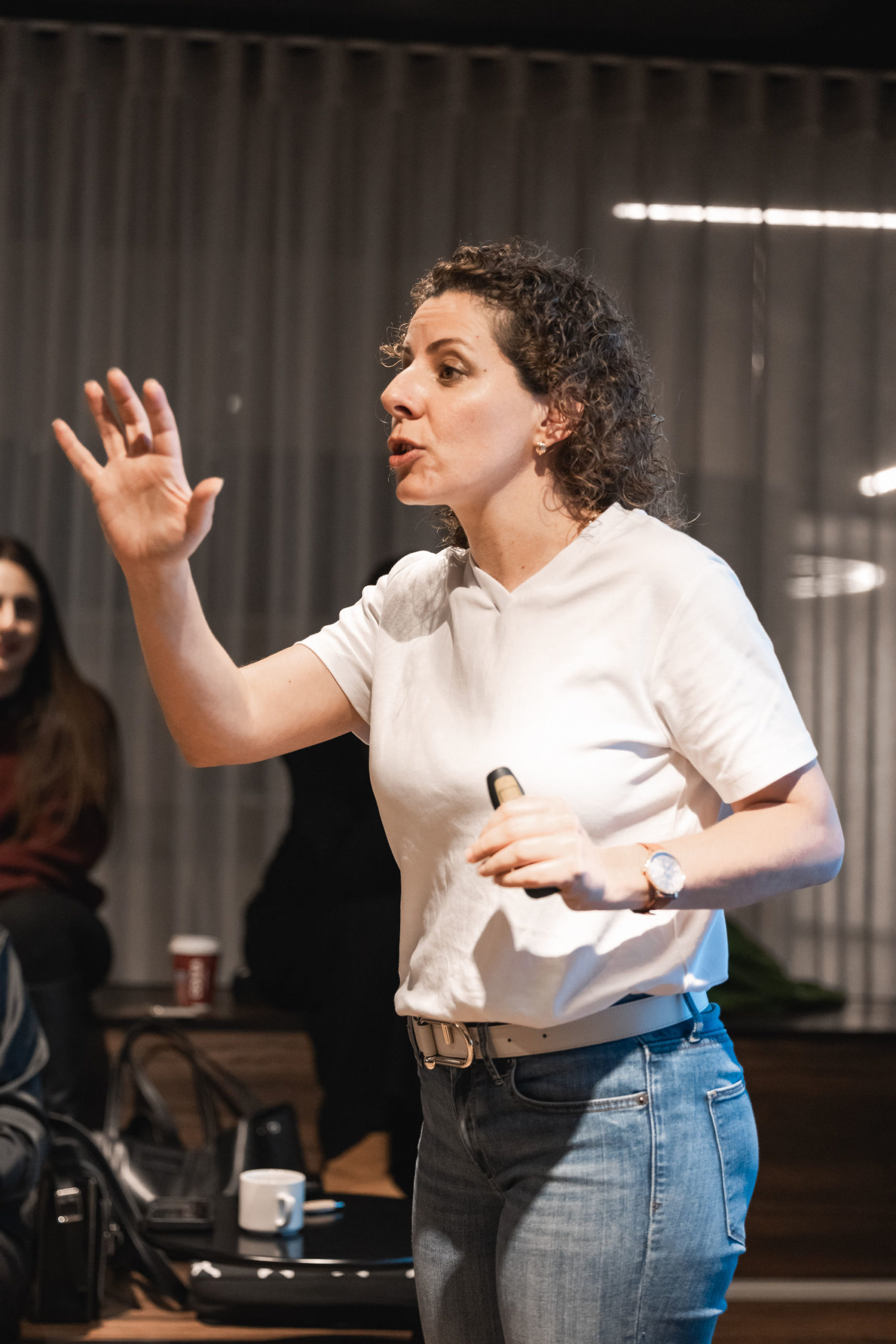

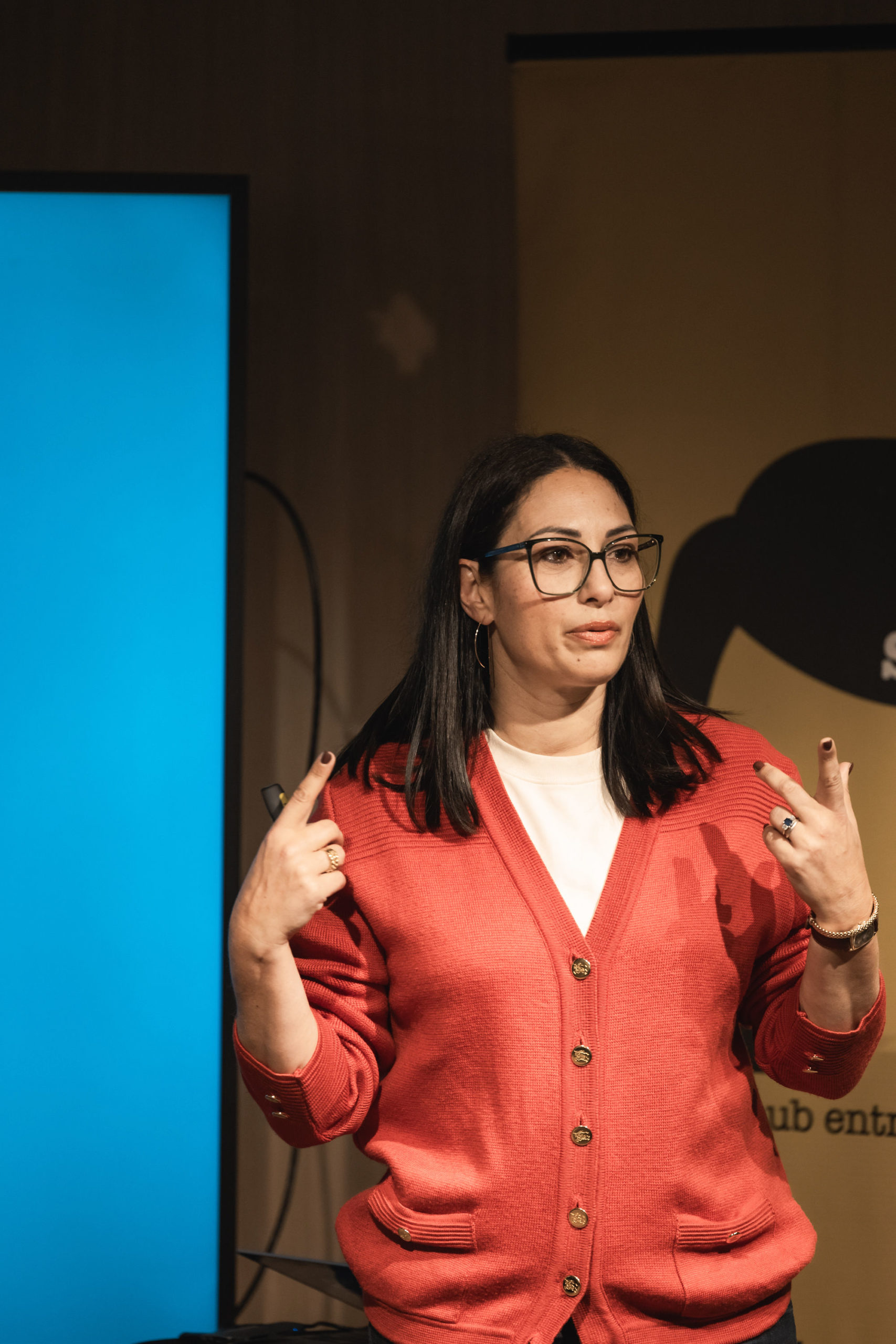
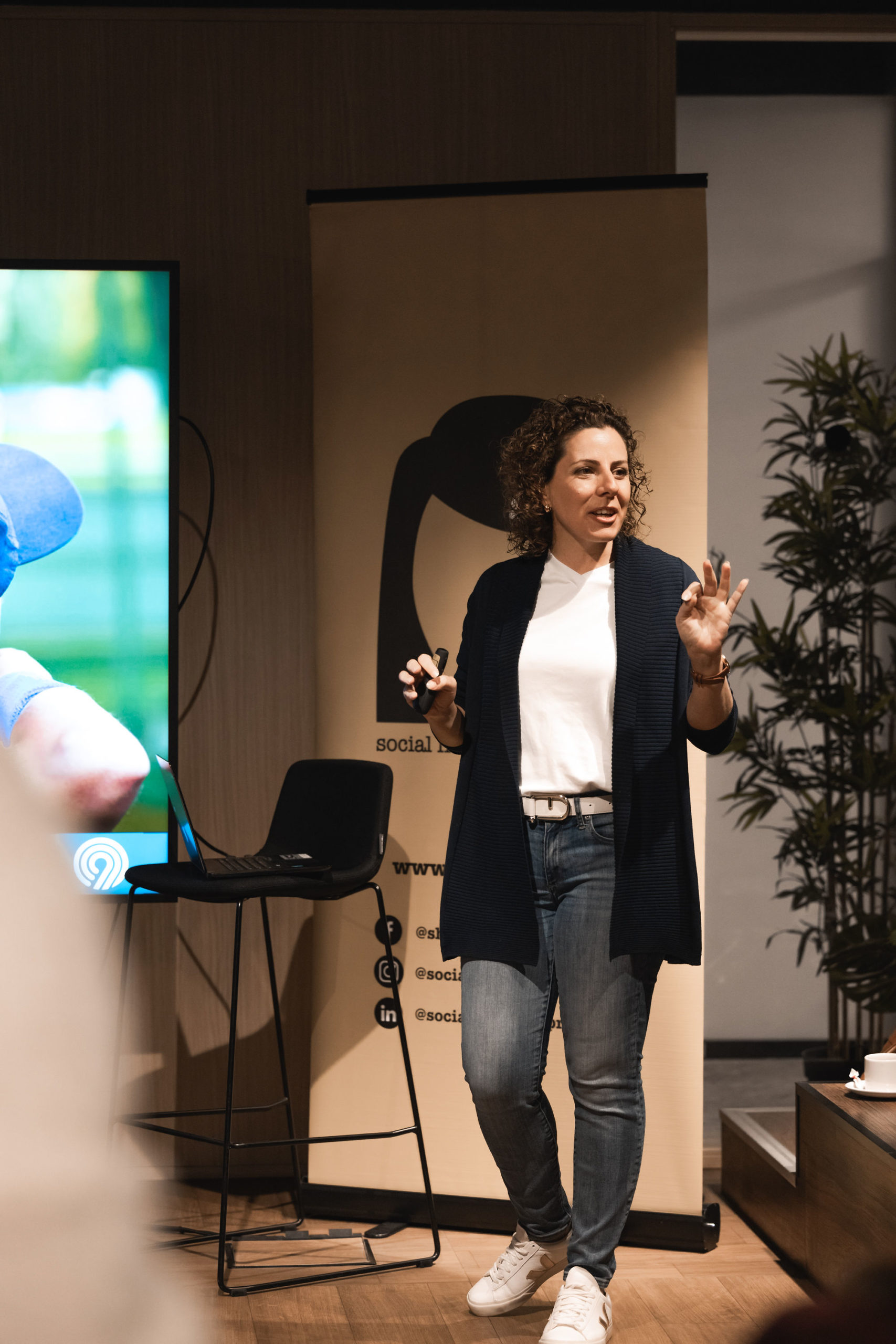

Sorry, the comment form is closed at this time.